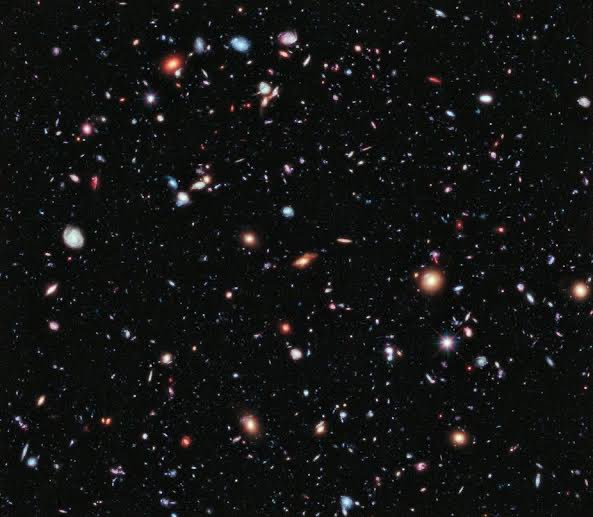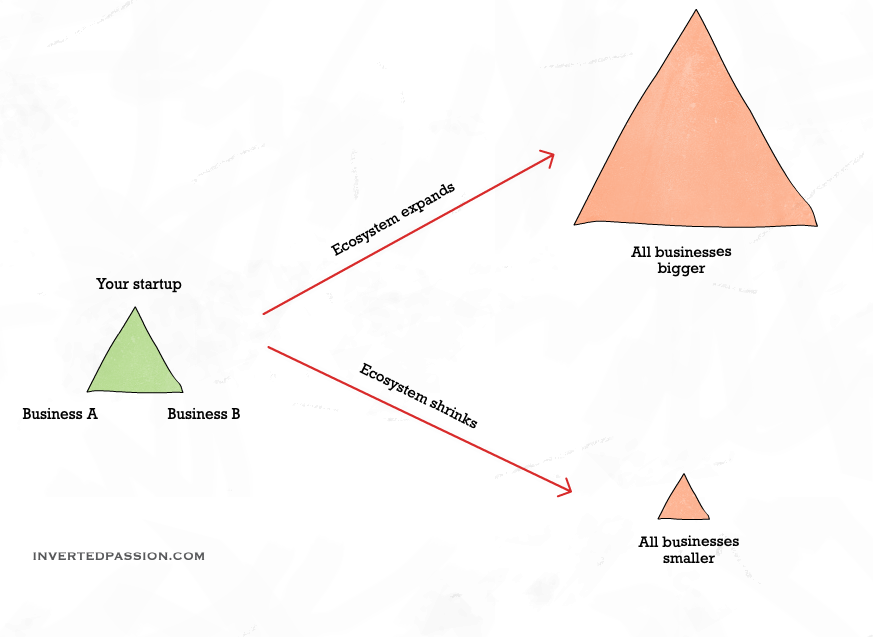
There's a 💊 drug (named Zolgensma) that costs $2.5mn (Rs 18 crore). Currently the world's costliest drug.
Why is it so expensive?
(a tiny thread)
Why is it so expensive?
(a tiny thread)
1/ It treats a rare genetic disease Spinal Muscular Atrophy (SMA).
SMA is a horrible disease that kills 90% of babies before the age of 2.
Until Zolgensma, it was untreatable.
SMA is a horrible disease that kills 90% of babies before the age of 2.
Until Zolgensma, it was untreatable.
2/ The disease incidence rate is extremely low.
For example, in the US there would be only 400 new cases per year.
(Such diseases are called rare or orphan diseases)
For example, in the US there would be only 400 new cases per year.
(Such diseases are called rare or orphan diseases)
3/ Developing this treatment took USD 800 m of investment over a couple of years.
Why did this take so much money?
Well, correcting a faulty gene in our body is *difficult*. Researching such uncharted approaches takes a lot of money.
Why did this take so much money?
Well, correcting a faulty gene in our body is *difficult*. Researching such uncharted approaches takes a lot of money.
4/ Ultimately, the pharma and biotech industry prices therapies using a metric called QALY (roughly, quality of years added)
In this case, where 90% of babies that would have died now don't, the drug manufacturers feel $2.5mn price tag is justified.
In this case, where 90% of babies that would have died now don't, the drug manufacturers feel $2.5mn price tag is justified.
5/ An immediate gut reaction would suggest this is an absurd price and governments should never allow such high price tags.
But you remove the ability to charge high and all innovation will stop. Someone needs to invest $800m to develop this. And they want economic incentives.
But you remove the ability to charge high and all innovation will stop. Someone needs to invest $800m to develop this. And they want economic incentives.
6/ And in any cases, the cost is paid by health insurance (private or public).
Any particular individual would never be able to afford this.
So we should vouch for both high drug prices (for more innovation) and universal health care.
Any particular individual would never be able to afford this.
So we should vouch for both high drug prices (for more innovation) and universal health care.
7/ Still curious?
Watch this presentation by @murphey_richard who dives into this drug as a case study.
Watch this presentation by @murphey_richard who dives into this drug as a case study.
• • •
Missing some Tweet in this thread? You can try to
force a refresh





